
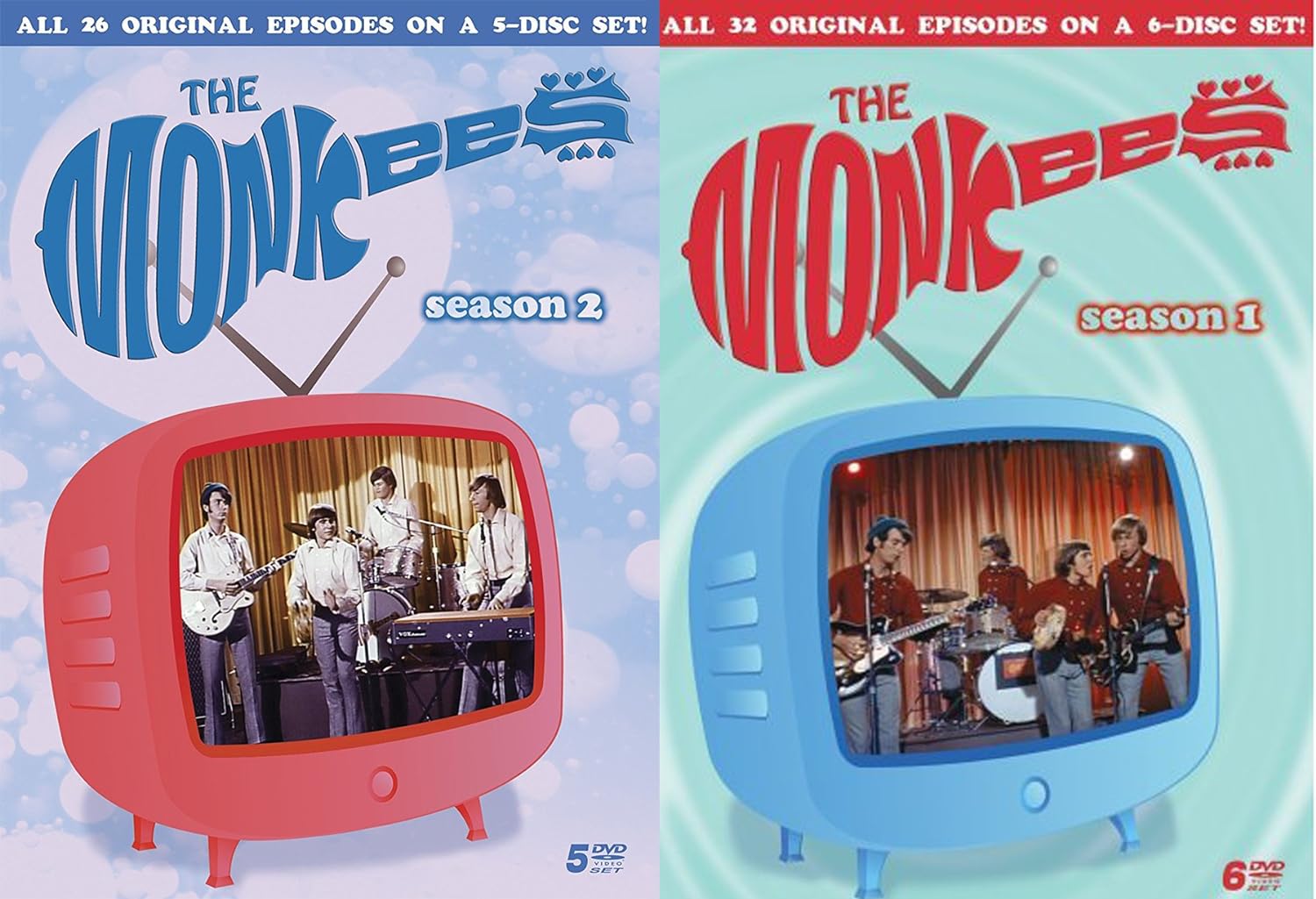


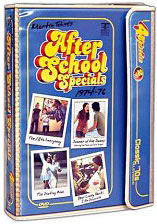
 |

|
 |
 |
 |
|
Please consider a donation! |
|||||
TV
Shows on DVD/ / / /
/ / / / /
/ / / / / Movies
on Blu Ray/ / / / /
/ / Holiday
Specials on DVD / /
/ / / / Classic
Commercials |
|||||
|
by Billy Ingram "Why am I so good at playing bitches? I think it's because I'm not a bitch. Maybe that's why Miss Crawford always plays ladies." - Bette Davis
Perhaps at the insistence of his wife, who understood more than anyone the power of publicity, the boy and his parents were flown to New York and put up at the Waldorf Astoria where Alfred Steele and his new bride, one of Hollywood's most glamorous stars, Joan Crawford were staying while their two-story Fifth Avenue penthouse was undergoing a major renovation. The Steele's planned trip to Greensboro later in the week would provide the perfect Hollywood ending to a real life fairy tale come true - plucky small town boy meets glamorous movie queen with the lights of Manhattan as their backdrop. Although her best work was mostly behind her, Crawford was enjoying moderate box office success during the late-fifties with a run of campy B-movies that included Johnny Guitar, Queen Bee and The Story of Ester Costello. Upcoming was her seminal (but supporting) role in The Best of Everything as ballbreaking business executive Amanda Farrow. Miss Crawford embrued herself with a regal air of royalty, a finely-tuned refinement that made her America's ideal Hollywood star, the one by which all others are measured. The haute couture fashions, ersatz British accent, she was always made up and 'on' in public, a personification every bit as real as any role she played on screen. For three days the Arnold family were treated to all the bread and circuses the Big Apple had to offer while Joan's name was back in the newspapers, this time in a positive light. Weeks earlier her downstairs neighbor made the gossip columns by suing the Steeles over the noise associated with the heavy construction taking place in their penthouse. It was while she was entertaining the Arnolds that Crawford, through whatever means, convinced her neighbor to drop that lawsuit. Perceiving this purely as an attempt to attract attention - after all, they had offered the complaitant a hotel suite or trip around the world while work was underway - Joan bluntly told a friend, "If that bitch thinks I'm inviting her up here for tea, she has another think coming!"
The next morning, on Thursday, May 2nd, 1957, Joan Crawford, her husband Alfred and entourage emerged from the 9:50 train at the Southern Railway depot in Greensboro where they were presented with keys to the city by mayor Archie Cannon before crossing the street to the King Cotton Hotel to freshen up. Joan wore a simple white sleeveless dress with an enormous matching hat, as was the style of the day, for a 2:00 press conference announcing Pepsi's newest, most modern bottling plant on Spring Garden near Holden, a 32,000 square foot facility that was being christened that afternoon. At 4:00, Joan, Alfred, Pepsi executives and the Arnold family departed the King Cotton, escorted west down Spring Garden across Holden by a police motorcade. With sirens blaring, they roared up on a crowd numbering into the hundreds, some waiting for hours for the most elaborate ribbon cutting ceremony Pepsi had ever hosted. Representatives of the Army, Marines and Navy presented colors then fired rifles into the air while the National Guard manned a line of howitzers that were supposed to be adding to the decibel level but blank mortars failed to arrive in time. Rather than rain munitions down on Summerfield, the big guns sat silent but Greensboro High's marching band belted out The Star Spangled Banner until just after 4:30 when Crawford and the president of the company operating the plant, Mrs. Zella Melchor, released a 150 foot ribbon that ringed the front of the building. The crowd flowed into the building for free bottles of Pepsi while Crawford and company returned to the hotel where a private reception was held that evening. Joan Crawford's travels brought her back to the Cardinal State numerous times since that day in May. Only natural, Pepsi was concocted by a New Bern pharmacist in the 1890s and only gained marketplace traction when the soft drink was marketed to African-Americans down South in the forties.
Crawford's circling the globe as Pepsi's goodwill ambassador continued unabated even after the unexpected death of her husband in 1959 but it would be another decade, almost to the day, before the actress returned to our region. By that time Pepsi had grown from a niche soda with little market presence outside of the South to the ubiquitous brand name it is today. So much so Madison Avenue would dub the sixties, "The Pepsi Generation." |
Your Classic TV Blog!
Amazon Prime - unlimited streaming |
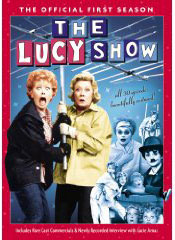 |
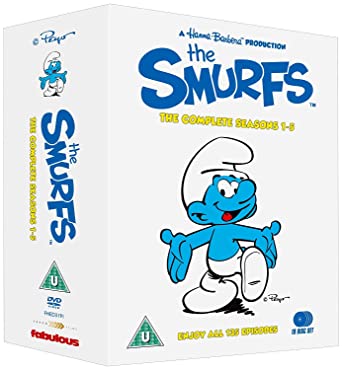 |
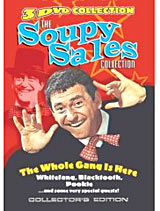 |
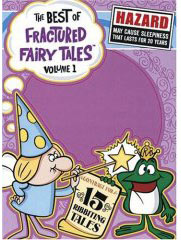 |
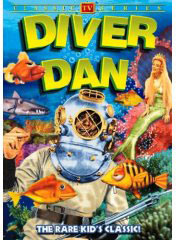 |
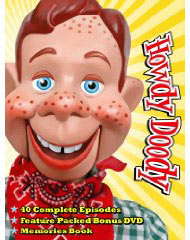 |
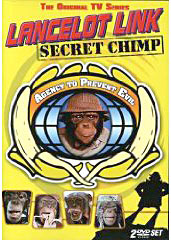 |
|
|||||||||||||||||
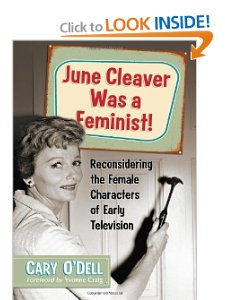 |